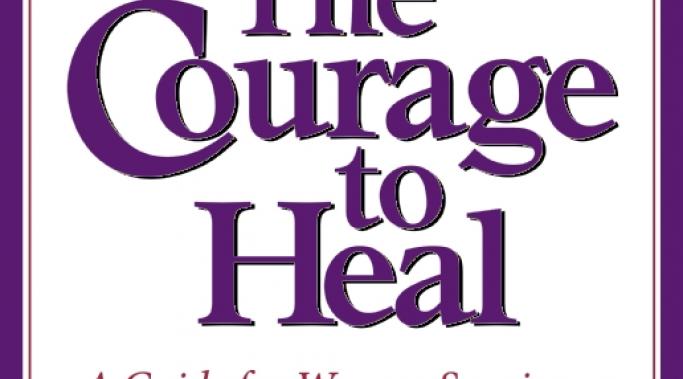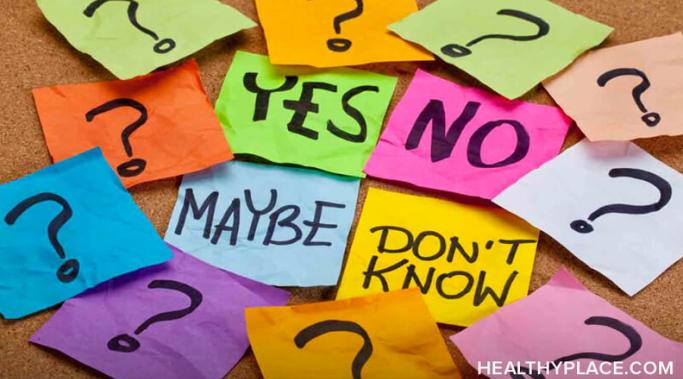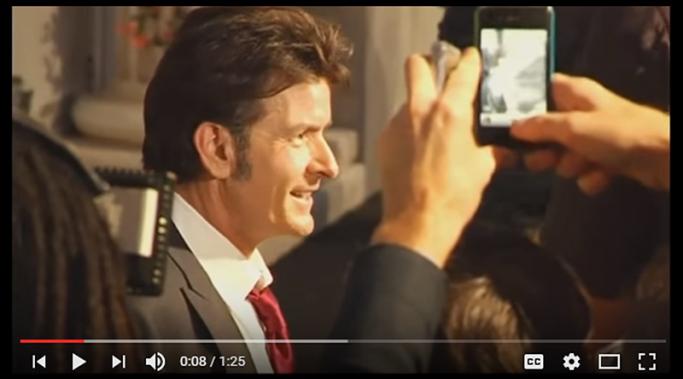Blogs
I spend a lot of time complaining about the ignorance of others--those who don't understand pediatric psychiatric illness and, therefore, use my child to educate themselves (or, even worse, try to educate me about my child). Particularly bothersome are people who seem to think every. single. undesirable behavior is directly related to Bob's psychiatric diagnoses (bipolar disorder and ADHD). It's maddening trying to explain to them not every issue is Bob-specific, that some behaviors are common to all children.
It's even worse when the offender is...me.
People throw around the word “depression” as if that word means only one thing. This is far from the case, therapeutically speaking.
I would suggest there are mild, moderate or severe, relapsing/remitting or chronic depressions. Doing the basic math, that’s six types right there and we haven’t even taken into account treatment-resistant depression, or the depression subtypes noted in the DSM.
Depression is not a disease; it’s a cluster of diseases.
The Courage to Heal is a self-help book – “A Guide for Women Survivors of Child Sexual Abuse” - that has enjoyed widespread popularity among both those living with Dissociative Identity Disorder and many of their treatment providers since its first publication in 1988. I first read it six years ago and found it helpful in some ways. But subsequent readings have illuminated for me the book’s biggest flaw: its reckless approach to traumatic memory.
Managing anxiety: "Sitting with emotion"?
Totally useless chapter in The Psychiatrists' Guide to WTF is Up with My Brain (AKA DSM-IV), or are people greater than the sum of their parts?
Sometimes I get so anxious I don't know what to do, so I won't do anything. Just in case I make things worse, or my fears are true.
How do you deal with the very real issues that keep you stuck in old patterns, between a rock and a wall of ever more intolerable panic?
Psychologists talk about learning to be with anxiety. But it's an idea, a theory, and I can't always do it.
This week I am fortunate to be in New Hampshire on business. (How fun was it to write that statement?! Me on a business trip!) I used to think I would never have a job that I love that allowed me to travel even sporadically, but I do, and I am grateful. Yesterday, our facilitator mentioned a factor of leadership which was "information-seeking questions" and how to ask them without making the person you're asking feel defensive.
The problem is in the wording. For example, a question beginning with "Why do you...?", especially when asked during a personal conflict, can easily escalate the conversation into anger and defensiveness.
Why?
Recently, I welcomed a baby boy into my life and have been simply exhausted. It’s been a whirlwind of activity and emotions. With the constant visitors, it’s been a struggle just trying to establish a new schedule for my family (which consists of my husband, 18 month daughter and new baby), and just trying to stay awake and feel half-human again. Believe me, nobody feels sexy after not showering for two days, having 3 hours of sleep, and wearing a shirt covered in baby poop and spit-up.
On March 6, 2006, Paula Hardin said her good-byes and shot herself in the chest. Three days later, she woke up. It was the second time she'd attempted suicide, the second time she'd lived on in spite of herself.
Charlie Sheen's recent remarks may seen funny to some, but when I look at his statements and actions, to me they scream mania, a symptom of bipolar disorder.
Procrastination; call it delaying, stalling, postponing or just killing time. Gathering details is what I called it and procrastination resulted in this article. It was on my “To Do” list for days. There it remained until my discipline kicked in, and the writing began. Sort of, I had started two other articles, I could not finish until I worked on this particular one.
I love to read, especially books that make me think and offer perfectionism self-help for, well, perfectionism. One of my much-loved treasures is Bushido: The Way of the Samurai. This book is based on the Hagakure, and is a philosophy of Eighteenth-Century Japanese warriors. Here's some perfection self-help I can pass on from Japanese warriors.






